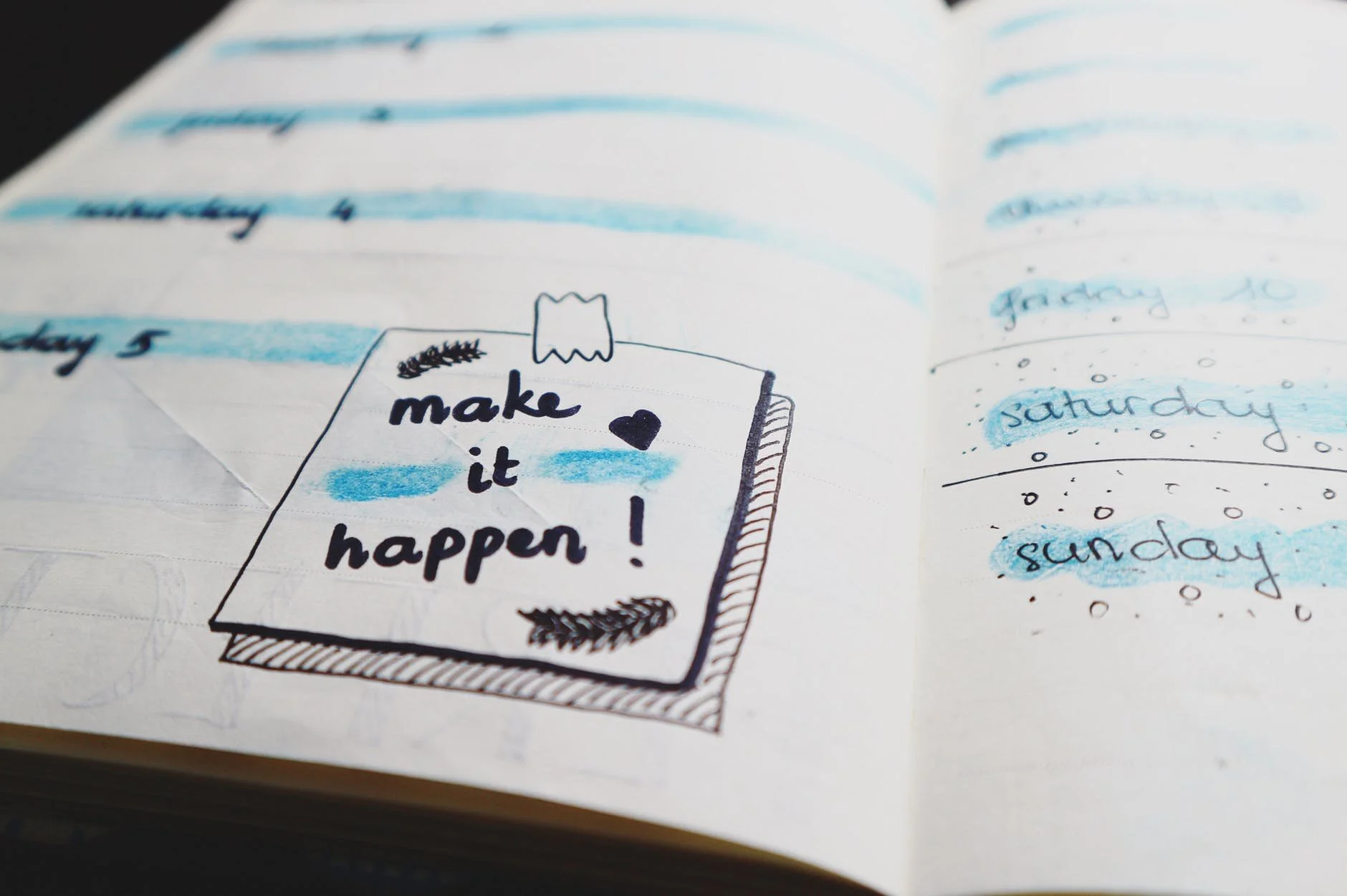Take a Break When Working from Home
By EmployDiversity
Constant and consistent restorative activities can be the key to your productivity and enjoyment of life
For some, working from home has been a blessing in disguise: fewer meetings, fewer disagreeable people with whom to engage; fewer distractions. After all, if many women and minority job holders already feel marginalized in the workplace, not being around the office is not such a bad thing. All the employee has to do is produce results and worry less about office politics. Right?
Not quite.
The downside of keeping your nose to the grindstone virtually and not engaging in the world for which you have so much enthusiasm to contribute is a big chance of burnout. Burnout is the sort of exhaustion that goes way beyond just being tired. The effect spills over from your work into your family and social life, too. You have no appetite for engaging either. And if you have diversions, like sports you like to play or dancing, burnout will also sap your desire to partake in those, too. What you need is rest.
A sociologist named Sabine Sonnentag has identified four major factors that contribute to recovery from burnout: relaxation, control, mastering something separate from your job, and mental detachment from work.
Relaxation during breaks from work throughout a day "shouldn't feel like work or require conscious effort." Something as basic as doing some housework for ten or fifteen minutes while on break from the computer can help clear your mind. It can also give a simple sense of accomplishment you can carry back into your work. If you have children, setting aside some time during the day to just play with them can be restorative, too. It will certainly take your mind off work for a few minutes.
Control means having the power to decide how you spend your time, energy, and attention. Control can have a liberating effect. For instance, take a half hour mid-day, several days a week to workout. The strenuous exercise resets and rebuilds your energy. Some professionals who jog place their running midday to take their minds and bodies far from the office.
Mastery experiences are engaging, interesting things that you do well. They're challenging and absorbing, and rewarding. they could be anything from gardening through yoga through cooking.
The key to implementing any or all of the components of recovery is flexibility: identifying, creating, and exploiting periods during which you can take advantage of restorative activity, or inactivity. Maybe it's martial arts you're into, or binging on romantic comedies; if you live in an apartment, even tending to potted plants can have a hugely restorative effect.
The pandemic and the wholesale and extended move to remote work has shown a bright light onto work practices that are not far removed from manufacturing assembly work and the supervisors that oversee them. The cookie-cutter approach to work is completely out of touch with the knowledge work of today. Though many of us are not expected to punch a clock any more, we are expected to work overtime.
Do your best to find and make the sort of restorative flexibility we all need in our lives. Otherwise, you may find yourself without the energy to do your work or enjoy your life.











